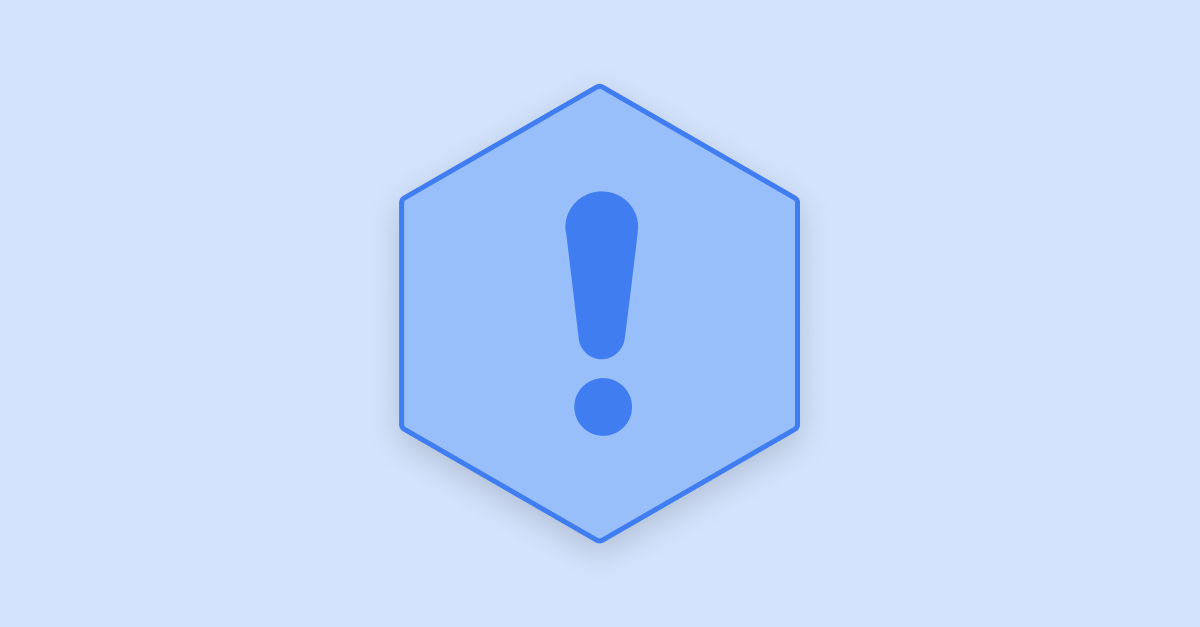A Coding Guide for Building a Self-Improving AI Agent Using Google’s Gemini API with Intelligent Adaptation Features
In this tutorial, we will explore how to create a sophisticated Self-Improving AI Agent using Google’s cutting-edge Gemini API. This self-improving agent demonstrates autonomous problem-solving, dynamically evaluates performance, learns from successes and failures, and iteratively enhances its capabilities through reflective analysis and self-modification. The tutorial walks through structured code implementation, detailing mechanisms for memory management, […] The post A Coding Guide for Building a Self-Improving AI Agent Using Google’s Gemini API with Intelligent Adaptation Features appeared first on MarkTechPost.

In this tutorial, we will explore how to create a sophisticated Self-Improving AI Agent using Google’s cutting-edge Gemini API. This self-improving agent demonstrates autonomous problem-solving, dynamically evaluates performance, learns from successes and failures, and iteratively enhances its capabilities through reflective analysis and self-modification. The tutorial walks through structured code implementation, detailing mechanisms for memory management, capability tracking, iterative task analysis, solution generation, and performance evaluation, all integrated within a powerful self-learning feedback loop.
import google.generativeai as genai
import json
import time
import re
from typing import Dict, List, Any
from datetime import datetime
import tracebackWe set up the foundational components to build an AI-powered self-improving agent utilizing Google’s Generative AI API. Libraries such as json, time, re, and datetime facilitate structured data management, performance tracking, and text processing, while type hints (Dict, List, Any) help ensure robust and maintainable code.
class SelfImprovingAgent:
def __init__(self, api_key: str):
"""Initialize the self-improving agent with Gemini API"""
genai.configure(api_key=api_key)
self.model = genai.GenerativeModel('gemini-1.5-flash')
self.memory = {
'successful_strategies': [],
'failed_attempts': [],
'learned_patterns': [],
'performance_metrics': [],
'code_improvements': []
}
self.capabilities = {
'problem_solving': 0.5,
'code_generation': 0.5,
'learning_efficiency': 0.5,
'error_handling': 0.5
}
self.iteration_count = 0
self.improvement_history = []
def analyze_task(self, task: str) -> Dict[str, Any]:
"""Analyze a given task and determine approach"""
analysis_prompt = f"""
Analyze this task and provide a structured approach:
Task: {task}
Please provide:
1. Task complexity (1-10)
2. Required skills
3. Potential challenges
4. Recommended approach
5. Success criteria
Format as JSON.
"""
try:
response = self.model.generate_content(analysis_prompt)
json_match = re.search(r'\{.*\}', response.text, re.DOTALL)
if json_match:
return json.loads(json_match.group())
else:
return {
"complexity": 5,
"skills": ["general problem solving"],
"challenges": ["undefined requirements"],
"approach": "iterative improvement",
"success_criteria": ["task completion"]
}
except Exception as e:
print(f"Task analysis error: {e}")
return {"complexity": 5, "skills": [], "challenges": [], "approach": "basic", "success_criteria": []}
def solve_problem(self, problem: str) -> Dict[str, Any]:
"""Attempt to solve a problem using current capabilities"""
self.iteration_count += 1
print(f"\n=== Iteration {self.iteration_count} ===")
print(f"Problem: {problem}")
task_analysis = self.analyze_task(problem)
print(f"Task Analysis: {task_analysis}")
solution_prompt = f"""
Based on my previous learning and capabilities, solve this problem:
Problem: {problem}
My current capabilities: {self.capabilities}
Previous successful strategies: {self.memory['successful_strategies'][-3:]} # Last 3
Known patterns: {self.memory['learned_patterns'][-3:]} # Last 3
Provide a detailed solution with:
1. Step-by-step approach
2. Code implementation (if applicable)
3. Expected outcome
4. Potential improvements
"""
try:
start_time = time.time()
response = self.model.generate_content(solution_prompt)
solve_time = time.time() - start_time
solution = {
'problem': problem,
'solution': response.text,
'solve_time': solve_time,
'iteration': self.iteration_count,
'task_analysis': task_analysis
}
quality_score = self.evaluate_solution(solution)
solution['quality_score'] = quality_score
self.memory['performance_metrics'].append({
'iteration': self.iteration_count,
'quality': quality_score,
'time': solve_time,
'complexity': task_analysis.get('complexity', 5)
})
if quality_score > 0.7:
self.memory['successful_strategies'].append(solution)
print(f" Solution Quality: {quality_score:.2f} (Success)")
else:
self.memory['failed_attempts'].append(solution)
print(f"
Solution Quality: {quality_score:.2f} (Success)")
else:
self.memory['failed_attempts'].append(solution)
print(f" Solution Quality: {quality_score:.2f} (Needs Improvement)")
return solution
except Exception as e:
print(f"Problem solving error: {e}")
error_solution = {
'problem': problem,
'solution': f"Error occurred: {str(e)}",
'solve_time': 0,
'iteration': self.iteration_count,
'quality_score': 0.0,
'error': str(e)
}
self.memory['failed_attempts'].append(error_solution)
return error_solution
def evaluate_solution(self, solution: Dict[str, Any]) -> float:
"""Evaluate the quality of a solution"""
evaluation_prompt = f"""
Evaluate this solution on a scale of 0.0 to 1.0:
Problem: {solution['problem']}
Solution: {solution['solution'][:500]}... # Truncated for evaluation
Rate based on:
1. Completeness (addresses all aspects)
2. Correctness (logically sound)
3. Clarity (well explained)
4. Practicality (implementable)
5. Innovation (creative approach)
Respond with just a decimal number between 0.0 and 1.0.
"""
try:
response = self.model.generate_content(evaluation_prompt)
score_match = re.search(r'(\d+\.?\d*)', response.text)
if score_match:
score = float(score_match.group(1))
return min(max(score, 0.0), 1.0)
return 0.5
except:
return 0.5
def learn_from_experience(self):
"""Analyze past performance and improve capabilities"""
print("\n
Solution Quality: {quality_score:.2f} (Needs Improvement)")
return solution
except Exception as e:
print(f"Problem solving error: {e}")
error_solution = {
'problem': problem,
'solution': f"Error occurred: {str(e)}",
'solve_time': 0,
'iteration': self.iteration_count,
'quality_score': 0.0,
'error': str(e)
}
self.memory['failed_attempts'].append(error_solution)
return error_solution
def evaluate_solution(self, solution: Dict[str, Any]) -> float:
"""Evaluate the quality of a solution"""
evaluation_prompt = f"""
Evaluate this solution on a scale of 0.0 to 1.0:
Problem: {solution['problem']}
Solution: {solution['solution'][:500]}... # Truncated for evaluation
Rate based on:
1. Completeness (addresses all aspects)
2. Correctness (logically sound)
3. Clarity (well explained)
4. Practicality (implementable)
5. Innovation (creative approach)
Respond with just a decimal number between 0.0 and 1.0.
"""
try:
response = self.model.generate_content(evaluation_prompt)
score_match = re.search(r'(\d+\.?\d*)', response.text)
if score_match:
score = float(score_match.group(1))
return min(max(score, 0.0), 1.0)
return 0.5
except:
return 0.5
def learn_from_experience(self):
"""Analyze past performance and improve capabilities"""
print("\n Read More
Read More






















































































































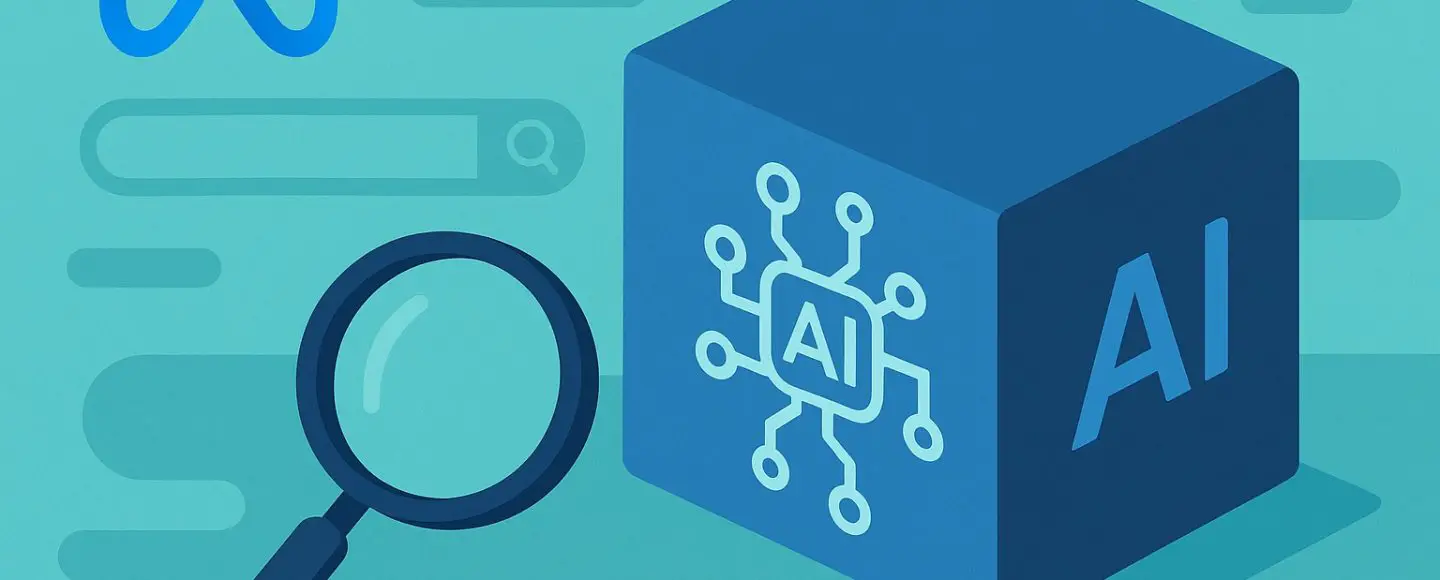






















































![[The AI Show Episode 150]: AI Answers: AI Roadmaps, Which Tools to Use, Making the Case for AI, Training, and Building GPTs](https://www.marketingaiinstitute.com/hubfs/ep%20150%20cover.png)
![[The AI Show Episode 149]: Google I/O, Claude 4, White Collar Jobs Automated in 5 Years, Jony Ive Joins OpenAI, and AI’s Impact on the Environment](https://www.marketingaiinstitute.com/hubfs/ep%20149%20cover.png)





























































































































![How to Survive in Tech When Everything's Changing w/ 21-year Veteran Dev Joe Attardi [Podcast #174]](https://cdn.hashnode.com/res/hashnode/image/upload/v1748483423794/0848ad8d-1381-474f-94ea-a196ad4723a4.png?#)



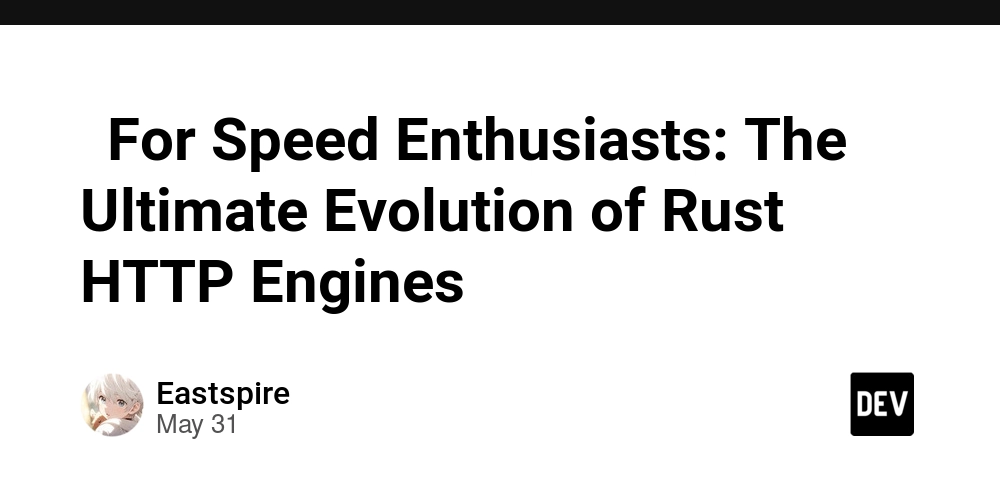




































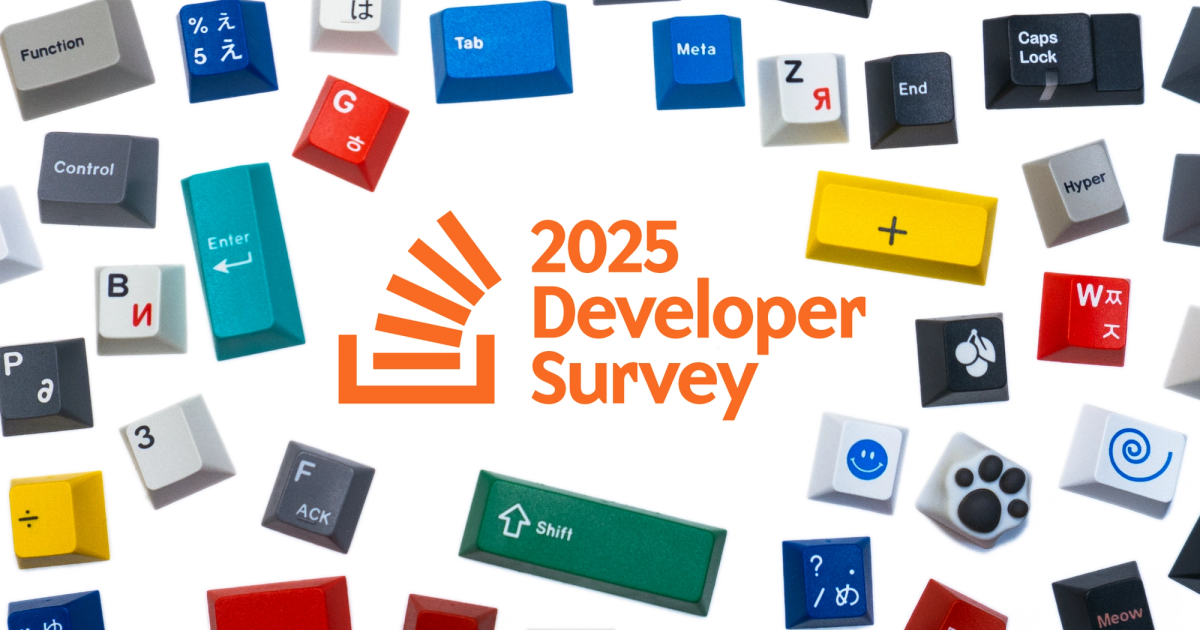



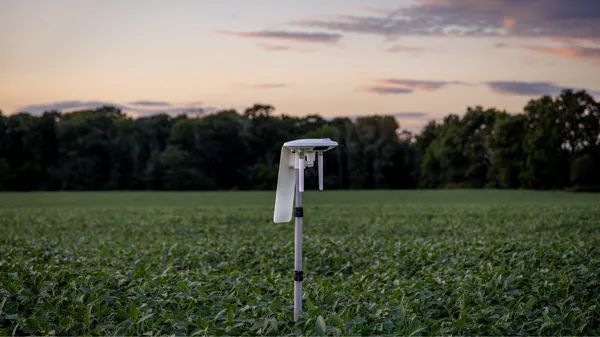



.jpg?#)













































































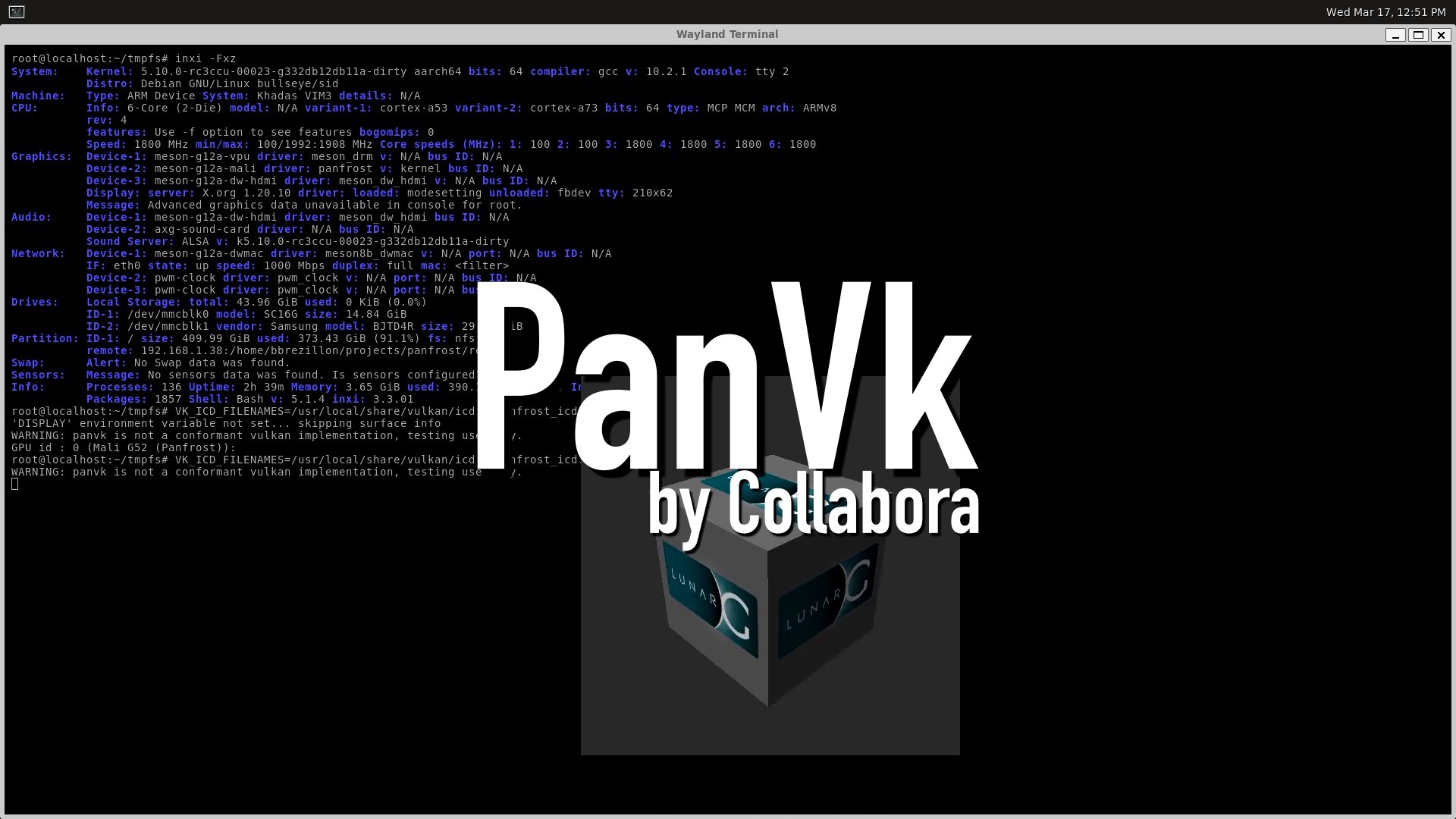









_ArtemisDiana_Alamy.jpg?width=1280&auto=webp&quality=80&disable=upscale#)






































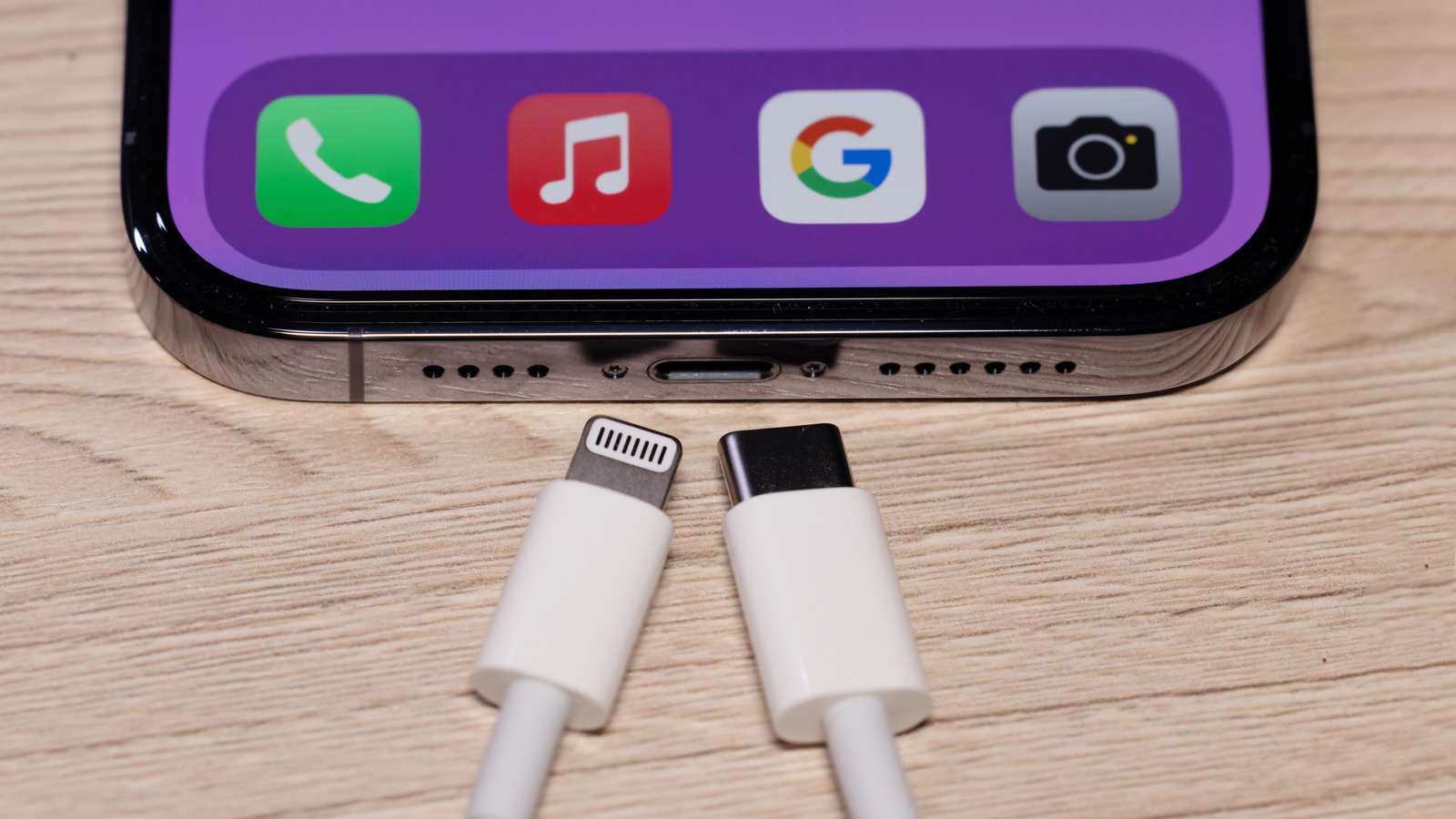





































































![Apple 15-inch M4 MacBook Air On Sale for $1023.86 [Lowest Price Ever]](https://www.iclarified.com/images/news/97468/97468/97468-640.jpg)

